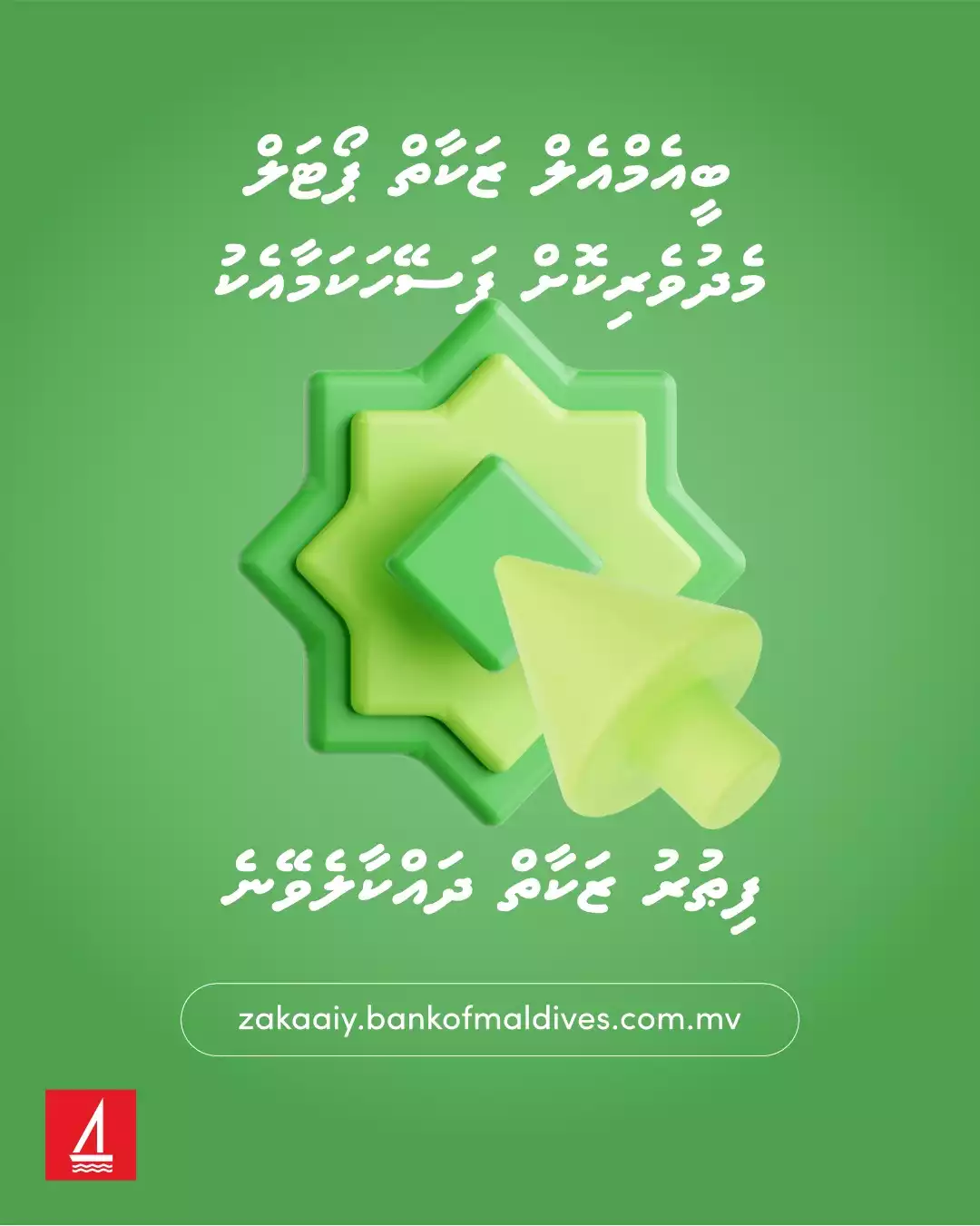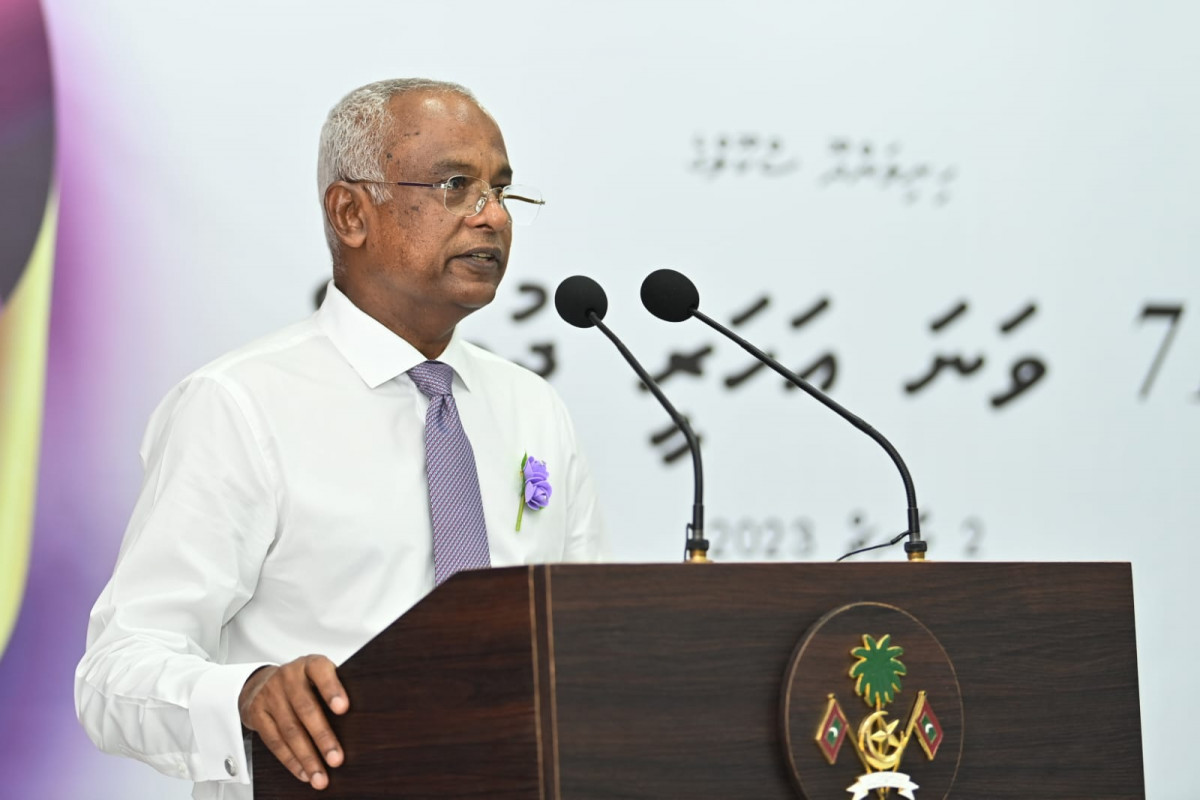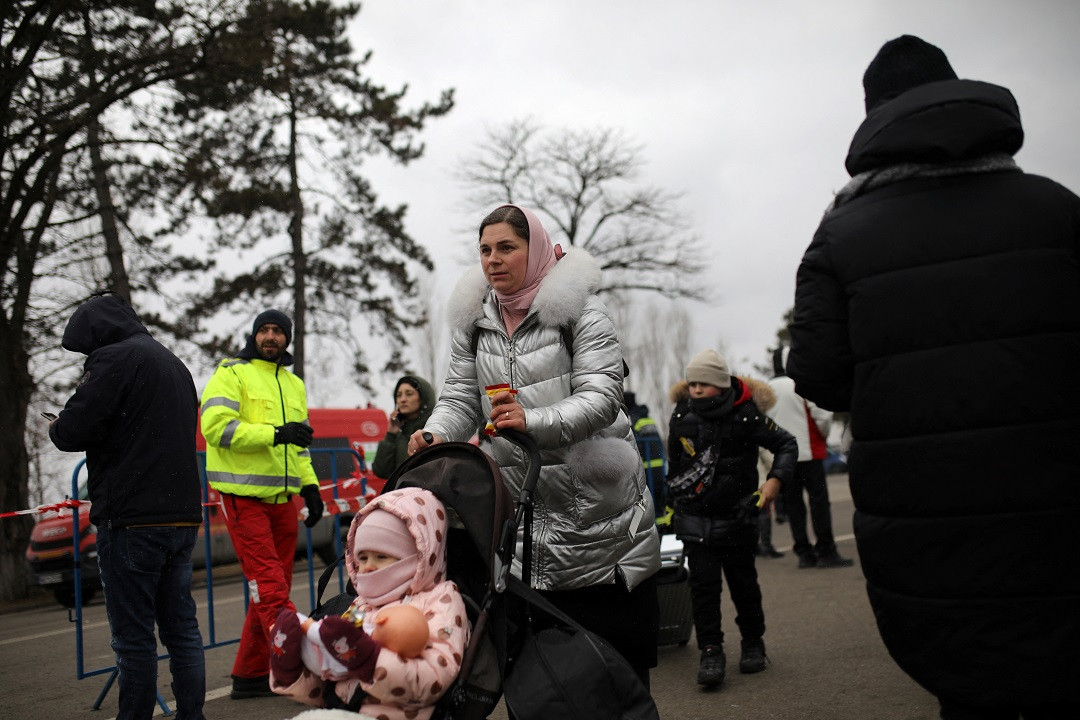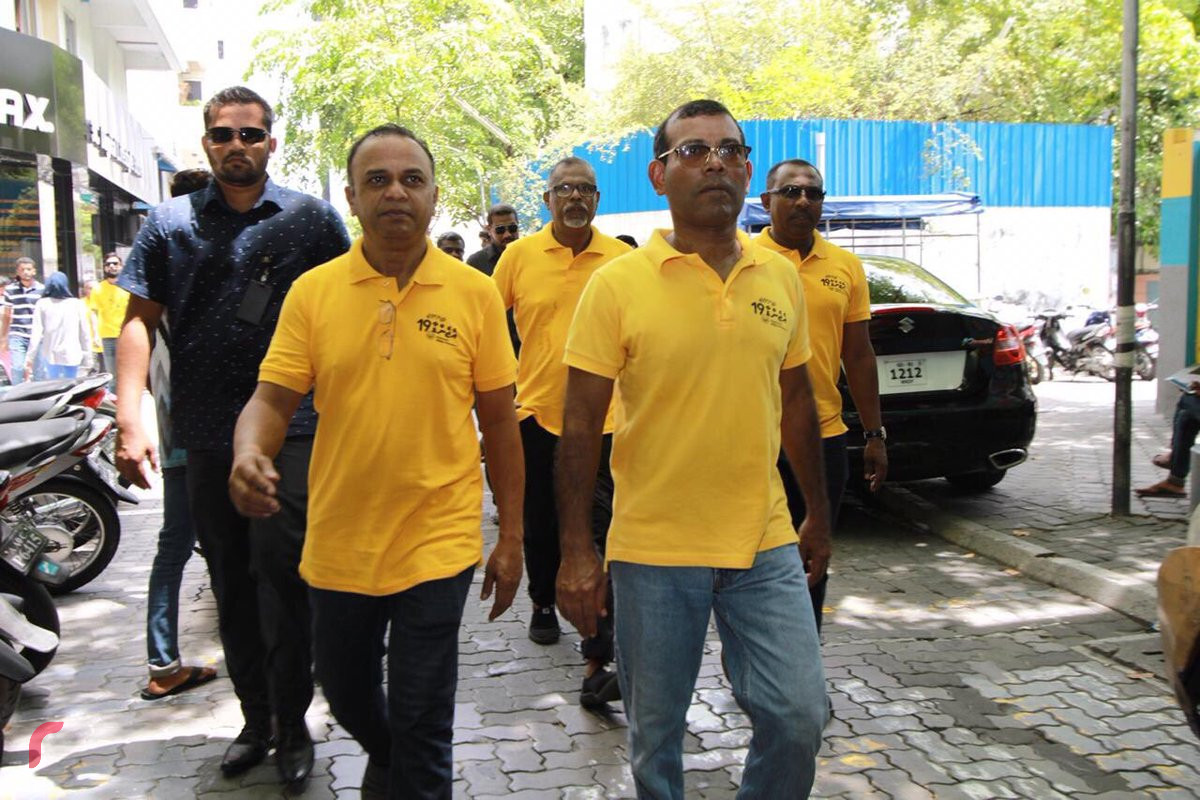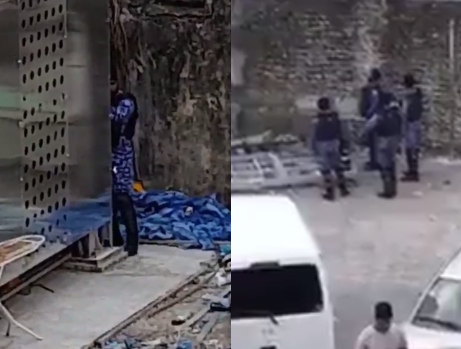Abdul Raheem demands probe into Fayyaz’s statements, saying they fuel terrorism
An emergency motion has since been submitted to the People's Majlis calling for an investigation into statements made by MDP

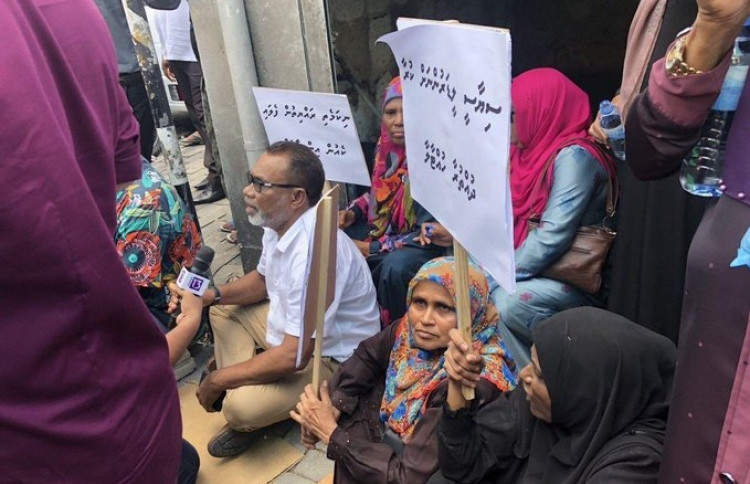
Abdul Raheem Abdulla amid protesters during an earlier rally
Speaker of the People's Majlis and Chairperson of the main-ruling People’s National Congress (PNC) Abdul Raheem Abdulla has asserted that Chairperson of the main-opposition Maldivian Democratic Party (MDP) Fayyaz Ismail has spoken in a manner that encourages violence and fuels terrorism.
Taking to social media on Monday, Abdul Raheem called on authorities to investigate the matter.
Speaking at a press conference on Monday, MDP Chairperson Fayyaz warned that if the people are oppressed, Maldivians will rise in accordance with the nation’s history.
Responding to a journalist's question about a letter sent by the Elections Commission (EC) to MDP regarding statements made about the president at a rally held in defense of the Constitution of the Maldives, Fayyaz said that MDP is not a party that encourages violence.
Fayyaz highlighted that if the people are mistreated, they will respond as they did to Mohamed Ameen. He warned that any oppression would trigger a response rooted in the dark chapters of Maldivian history, which he described as anything but kind. In response, Abdul Raheem has stressed that this matter should be investigated as a serious issue by the relevant authorities.
An emergency motion has since been submitted to the People's Majlis calling for an investigation into statements made by MDP at multiple podiums suggesting that what happened to the first President of the Maldives, Mohamed Ameen, could happen to President Dr. Mohamed Muizzu.
The motion was submitted by pro-government MP for Milandhoo constituency, Hassan Mufeed Abdul Gadir.
The emergency motion states that while Muizzu is the President of the Maldives elected by a large majority of the people as per the Constitution of the Maldives, Fayyaz has said that Muizzu should be treated the same way as Ameen, contrary to the conditions set out in the Constitution for the end of the President's term. Therefore, the motion states that this is encouragement to commit an act of terrorism. It also mentions that MDP has spoken at several podiums and cites Article 8(a) of the Anti-Terrorism Act, which states that it is an offense to encourage, directly or indirectly, the commission of an act of terrorism.
